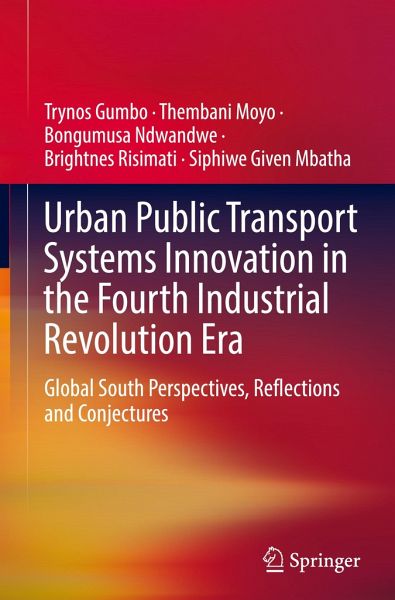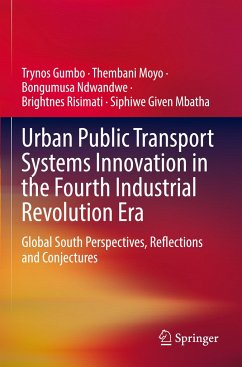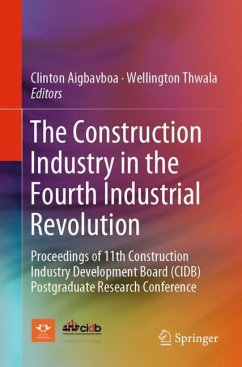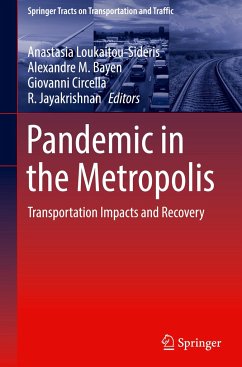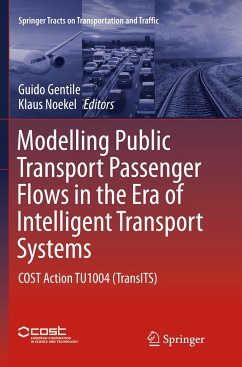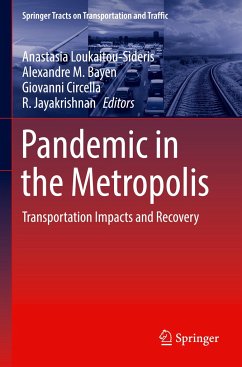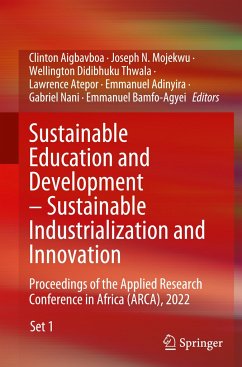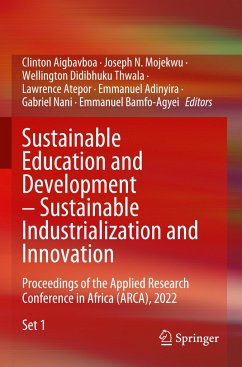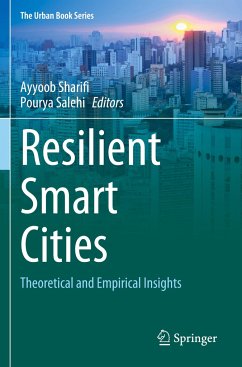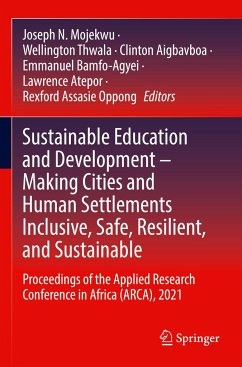Prof. Trynos Gumbo is a professional planner and currently an Associate Professor and Head of the Department of Urban and Regional Planning within the Faculty of Engineering and the Built Environment in the University of Johannesburg (UJ). He Holds a PhD from Stellenbosch University, South Africa as well as masters and honours degrees from the University of Zimbabwe (UZ), Zimbabwe. He has previously worked in the Africa Institute of South Africa of the Human Sciences Research Council as a research specialist and Acting Head for the sustainable development programme. Prof Gumbo has also worked as an international instructor in the urban management masters programme within the Ethiopian Civil Service University College (ECSUC) in Addis Ababa in Ethiopia. Before, Prof Gumbo had worked as lecturer and Head of Department at the National University of Science and Technology (NUST) in Zimbabwe. He has attended and presented at several national and international conferences and has published widely in a variety of research areas that include informality, housing, urban planning, development and management. His research interests include urban transportation planning and management, sustainable and smart cities development, housing and economic informality, green economy and renewable energy generation from waste and innovative building technologies and materials. Mr. Thembani Moyo is a doctoral-candidate in the Department of Urban and Regional Planning, Faculty of Engineering and the Built Environment, University of Johannesburg, Republic of South Africa. He is also a part-time lecturer at the Department of Urban and Regional Planning. Prior to this, he graduated with a BTech. (Hons.) in Town and Regional in 2014 and in 2016 he obtained an MTech. degree in Operations Management at the University of Johannesburg, Republic of South Africa. His research interests leverage a combination of experimental and empirical approaches to study complex problemsin the field of urban planning at the interface of Geographical Information Systems and Remote Sensing. In addition, providing quality solutions to complex information system problems with scope, level and tight schedules, in a bid to continue making a significant contribution within the pursuit of the merging the Fourth Industrial Revolution (4IR) and urban planning. He has published in reputable chapters, peer-reviewed journals and peer-reviewed conference proceedings. Mr. Bongumusa Ndwandwe is a Professional Town Planner. He graduated with a BTech. (Hons.) in Town and Regional in 2013 and in 2018 he obtained an MTech. degree in Operations Management at the University of Johannesburg, Republic of South Africa. He is inspired by the desire to promote development in the community and to empower those less fortunate in our midst. This compelling desire to effect change and to contribute to community development has prompted him to study how cities and regions function in the Global South. In future, he intends on expanding his knowledge of development through studying Project Management, Development Finance and Law. Such knowledge would equip him with the needed skills to be more effective in his approach to community development. He has published several research papers in the areas transportation planning and smart cities. Through his various engagements in community activities and projects, his willingness to learn and leadership qualities have been apparent. Mr. Brightnes Risimati is a Professional Planner and NGAP Lecturer in the Department of Urban and Regional Planning within the Faculty of Science, Engineering and Agriculture, University of Venda (Univen). He is a former Lecturer in the Department of Urban and Regional Planning within the Faculty of Engineering and the Built Environment at the University of Johannesburg (UJ). Mr. Risimati holds a Master of Urban and Regional Planning, Master of Technology Degree in Operations Management, Bachelor of Technology degree and Diploma in Town and Regional Planning all from University of Johannesburg, South Africa. In partnership with XIVILA Development Group (Pty) Ltd and Emendo (Pty) Ltd, Mr. Risimati is actively involved in a variety of Spatial Planning and Land Use Management projects in South Africa including assessment, categorization, and development of informal settlements upgrading plans in the City of Johannesburg Metropolitan Municipality, Gauteng Province. His research interests include urban transportation planning and management, sustainable and smart cities development, informal settlement upgrading, Land Economics and Tenure Systems. Mr. Siphiwe Given Mbatha is an Assistant Lecture in the Department of Urban and Regional Planning, Faculty of Engineering and Built Environment, University of Johannesburg, Republic of South Africa. He graduated with BTech. (Hons.) in Town and Regional in 2017 and in 2019 completed an MTech. degree in Operations Management at the University of Johannesburg, Republic of South Africa. His research interest includes urban public transport planning and management, housing and informal settlement. He has attended and presented at national and international conferences and has published numerous conference papers on urban public transport planning and management.
